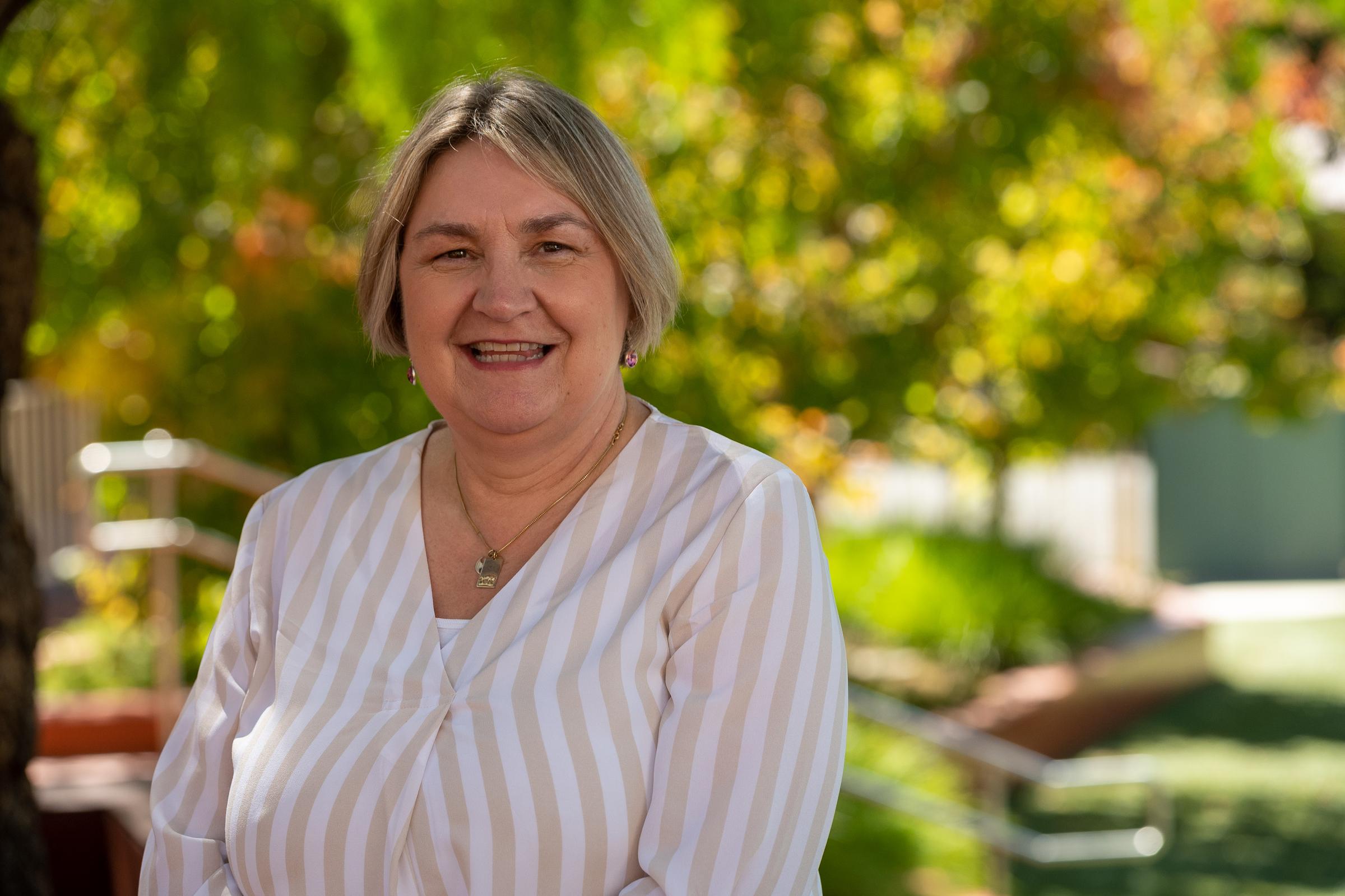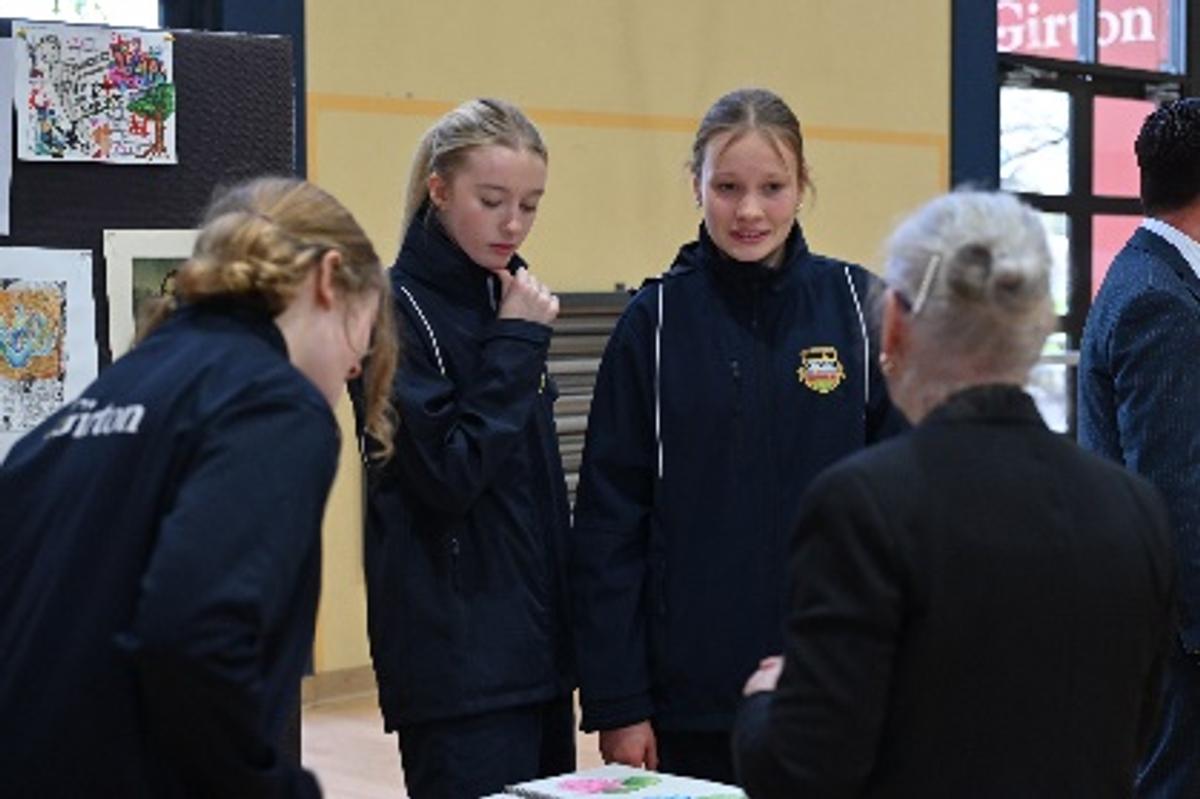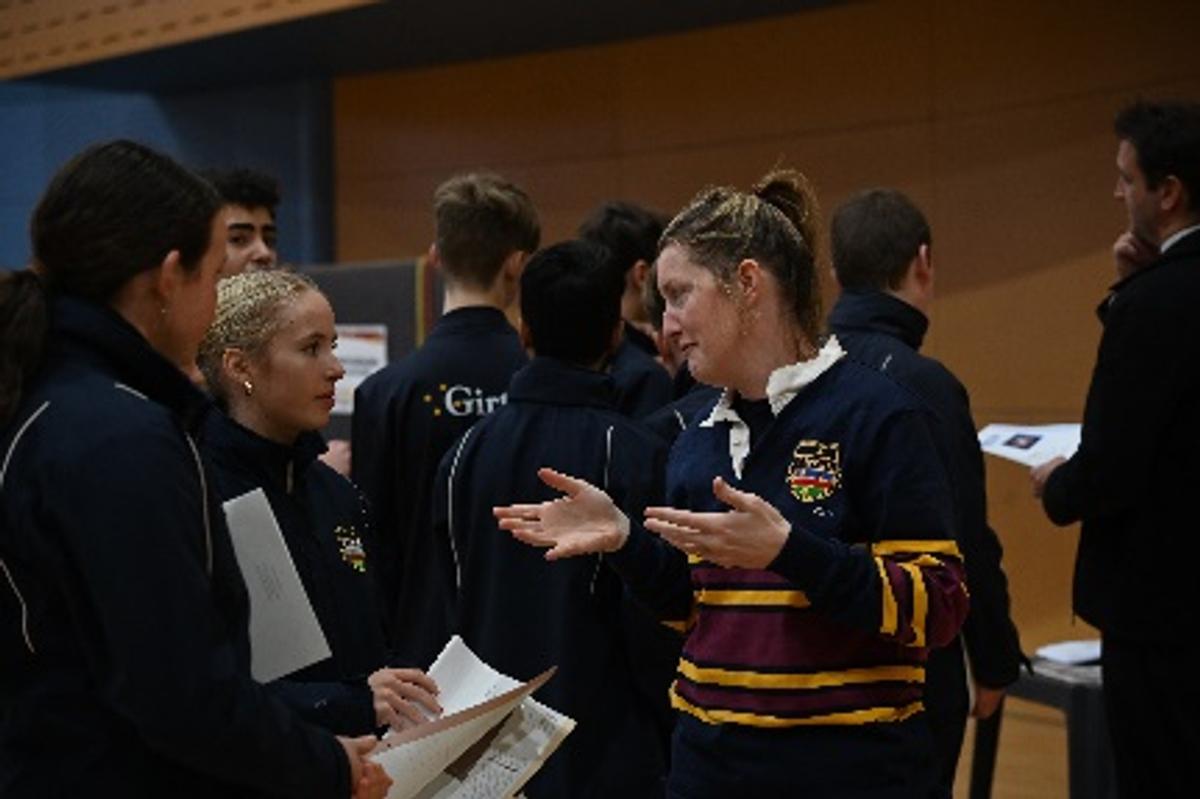From the Head of Senior School

Last week, our Senior School staff conducted Parent-Teacher Interviews for all students. The event saw two floors of the Naunton Family Building busy with the chatter of students, parents and teachers discussing students' Semester 1 examination results, their work ethic, and strategies to improve their performance in future assessments. If you could not speak with your child's teachers at the Parent-Teacher Interviews, we encourage you to contact them to arrange a mutually convenient time.
Over the last two weeks, we have also been busy hosting subject fairs and information evenings for students in Years 8, 9 and 10. These allowed students and parents to learn more about the elective choices that will be offered in 2025. As students progress through their schooling years, their choices regarding elective subjects become increasingly significant. Elective subjects allow students to explore new areas of interest, develop a diverse skill set, and prepare them for future academic and career paths.
Years 7 and 8
In Years 7 and 8, students are introduced to a broad range of subjects. This is a crucial period for discovering interests and talents. While core subjects remain mandatory, students can choose multiple electives based on their interests or future aspirations. One consideration you can discuss with your child when helping them to make their selections is to try subjects from different fields such as arts, science and humanities. This will help them identify what they enjoy and excel at. They should also consider choosing a mix of subjects that balances academic rigour with personal enjoyment, and pursuing subjects that will help them to develop various skills, including critical thinking and creativity. School should be both challenging and enjoyable.
Years 9 and 10
As students move into Years 9 and 10, they have more freedom and responsibility in their subject choices. It is an excellent time to think more strategically about future studies and potential career paths. Students should choose subjects that align with personal interests and strengths, which can lead to better engagement and performance. They should also consider how the subjects chosen might influence future study options. For example, taking advanced mathematics or science subjects could be essential for certain VCE subjects and career pathways. If your child is unsure, they are encouraged to seek advice from their teachers, the Head of Student Futures, or even older students. They can provide valuable insights into the workload and content of different subjects.
Years 11 and 12
As the subjects chosen for Year 11 can impact university entrance scores and career opportunities, students and parents are encouraged to consider the following:
- Prerequisites: Students should research university courses and their prerequisites to ensure their chosen VCE subjects meet these requirements.
- Strengths and interests: Encourage your child to play to their strengths and interests. VCE is demanding, and choosing subjects they are passionate about can help maintain motivation.
- Overall balance: Consider the overall workload. Balancing challenging subjects with those your child finds less demanding can help manage stress.
- Long-term goals: While immediate interests and enjoyment are important, consider long-term goals and how your child's subject choices might impact them.
- Support resources: Students are encouraged to attend information sessions and read up on subject descriptions and requirements from the year-level handbooks. Your child's teachers, the wellbeing team, Heads of House and House Tutors can also provide guidance on subject combinations and workload management.
Choosing suitable subjects can set the stage for academic success and personal growth. By considering interests, strengths and future goals, students can make informed decisions to help them thrive throughout their schooling years and beyond.
Head of Senior School
Ms Dawn Davis


